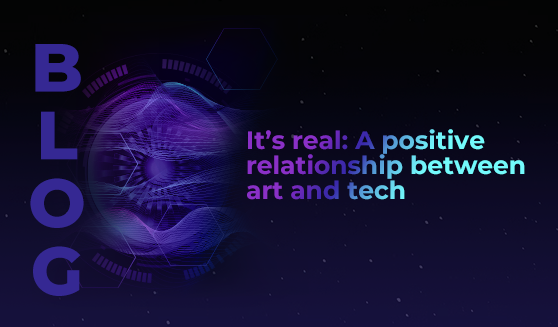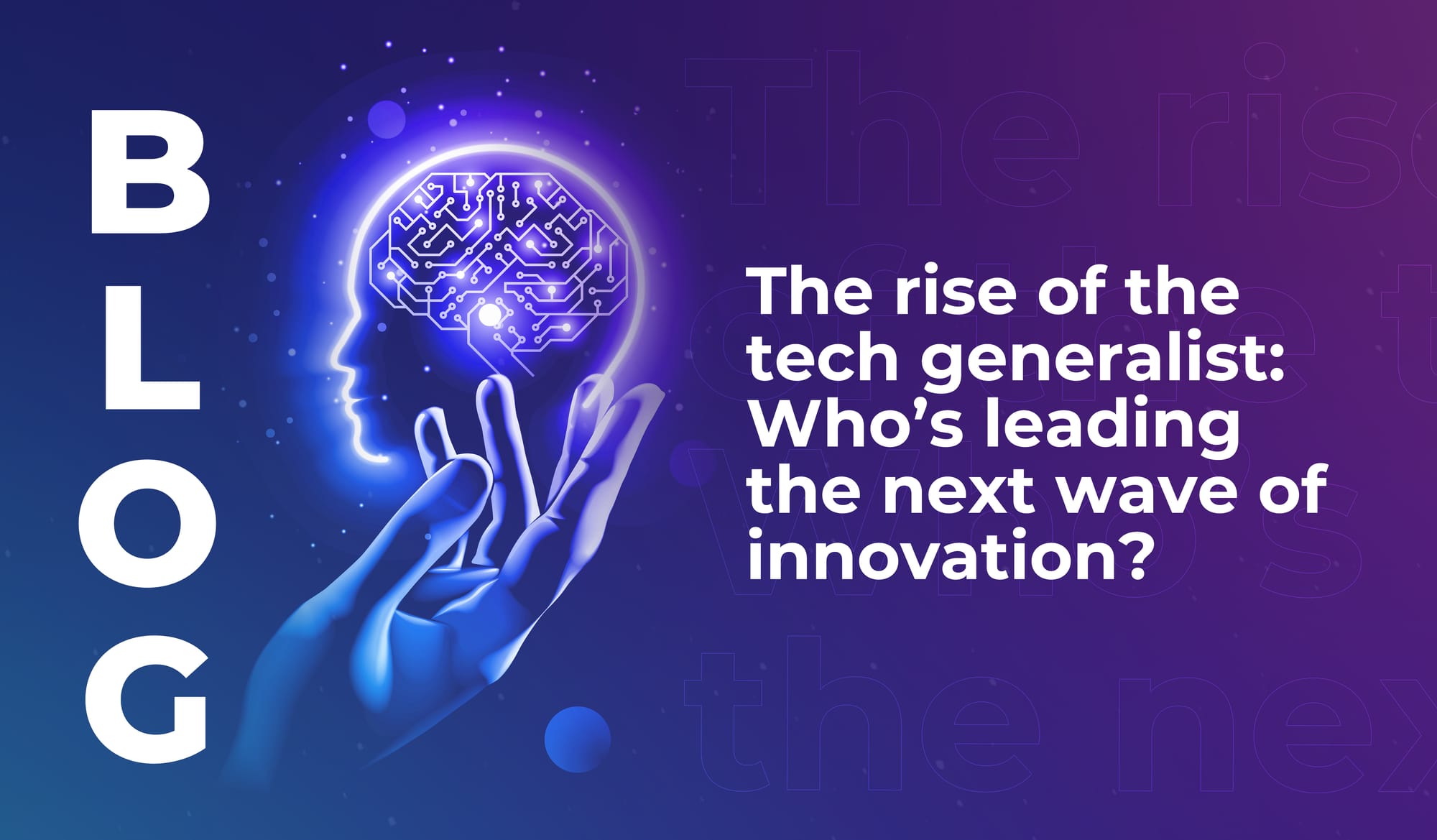
Tech careers with impact: The power of investing
If you’ve ever thought about becoming a tech investor, read this – learn why investors are the quiet force shaping the future of the industry.


LEAP 2024 speaker Otto Plesner (Creative Director at RenaiXance) has a background in theatre and performing arts – and he’s using that creative foundation to imagine new ways for artists to engage with emerging technologies.
In his multi-sensory show The Art of Memory, he blends AI-powered visuals with evocative scents, music, and an immersive environment – allowing his audience to experience a narrative within the mind of an Alzeimer’s patient.
We jumped at the opportunity to ask Plesner for his perspective on the intersection of art and tech – and his insights have shifted our perspective on the future of creative work.
“In my opinion, there is a fascinating new medium emerging where various forms of artistic expression come to life. Suddenly, individuals whose primary focus isn't visual arts find themselves able to communicate on a much deeper level through visuals, effectively transforming words and poetry into instant imagery.
“Another noteworthy aspect is the interactive element it introduces. We are increasingly capable of engaging with art in real-time, allowing audiences to influence it through their movements, touch, or even thoughts. This opens up possibilities for more collective art experiences generated by the presence of many, fostering feelings of collectivity, connectivity, and unity.”
“I would mention to them that this is not the first time in history that a technological marvel has influenced the world of art. Back in the days photographers were not considered artists, and photos were besmudged as not having any artistic quality – yet today it is surely a recognised artistic medium. The same goes for photoshop and the like.
“There may be some aspects to be cautious of, and of course we need to always seek authenticity in the new and innovative; however I also believe that the power of AI lies in its interaction with the physical and real crafts. For instance a painter can paint on a canvas, and his brush strokes are then picked up by sensors that then also create a digital version of his art whilst he is painting, or perhaps it turns his brush strokes into musical instruments as he paints.
“It is this meeting of the traditional and the new that is truly interesting. AI and tech on its own as an art form is not very interesting until the human aspect influences it.”
“My grandmother passed away from Alzheimer's. This sparked a passion inside of me to use art for something more than to inspire people, I wanted to see if art can heal people or even help transform their lives.
“I have been fascinated with memory from a very young age, and also with technology since my father is a light designer, and light inventor, therefore it has always fascinated me how one can apply all the best of several different worlds to bring across a message or tell a story. I believe that The Art Of Memory is a synthesis of all this coming together trying to achieve something truly unique and innovative.”
“I think the role of artists will be essential. For with the creation of art springs culture, and from culture springs the essence of expression, reflection and evolution.
“One can see many real life examples of this lately. If we look at the whole new wave of car designs, they look exactly like something dreamed up from an artist in an AI movie. The arts are essentially using imagination to dream up the future, and as time goes by, slowly but surely some of these dreams turn into reality.
“There is nothing like art that can spread positivity – even if at times the message can be dark, it still holds profound truths which then in turn is positive since it may open people's eyes towards issues in the world. So by using art as a cultivator of technology one inherently creates positive outcomes.”
“I wish I could make a show in space, and I think that the tech is not quite there yet. Someday perhaps we will get to experience an opera while we drift by stardust and nebulas, overlooking the vast infinity of the universe. Now wouldn't that be something.”
Thanks to Otto Plesner at RenaiXance. Did you miss LEAP 2024? Don’t worry – we’ll save a spot for you at the 2025 edition. Pre-register now.

If you’ve ever thought about becoming a tech investor, read this – learn why investors are the quiet force shaping the future of the industry.

Tech generalists will enable emerging technologies to integrate across industries and societies in meaningful ways. We still need specialists – but we also need big-picture people.

Discover three tech sectors facing a talent shortage this year. Could you find your ideal role in a high-demand sector like cybersecurity, cloud computing, or artificial intelligence?

If you’ve ever thought about becoming a tech investor, read this – learn why investors are the quiet force shaping the future of the industry.

Tech generalists will enable emerging technologies to integrate across industries and societies in meaningful ways. We still need specialists – but we also need big-picture people.

Discover three tech sectors facing a talent shortage this year. Could you find your ideal role in a high-demand sector like cybersecurity, cloud computing, or artificial intelligence?